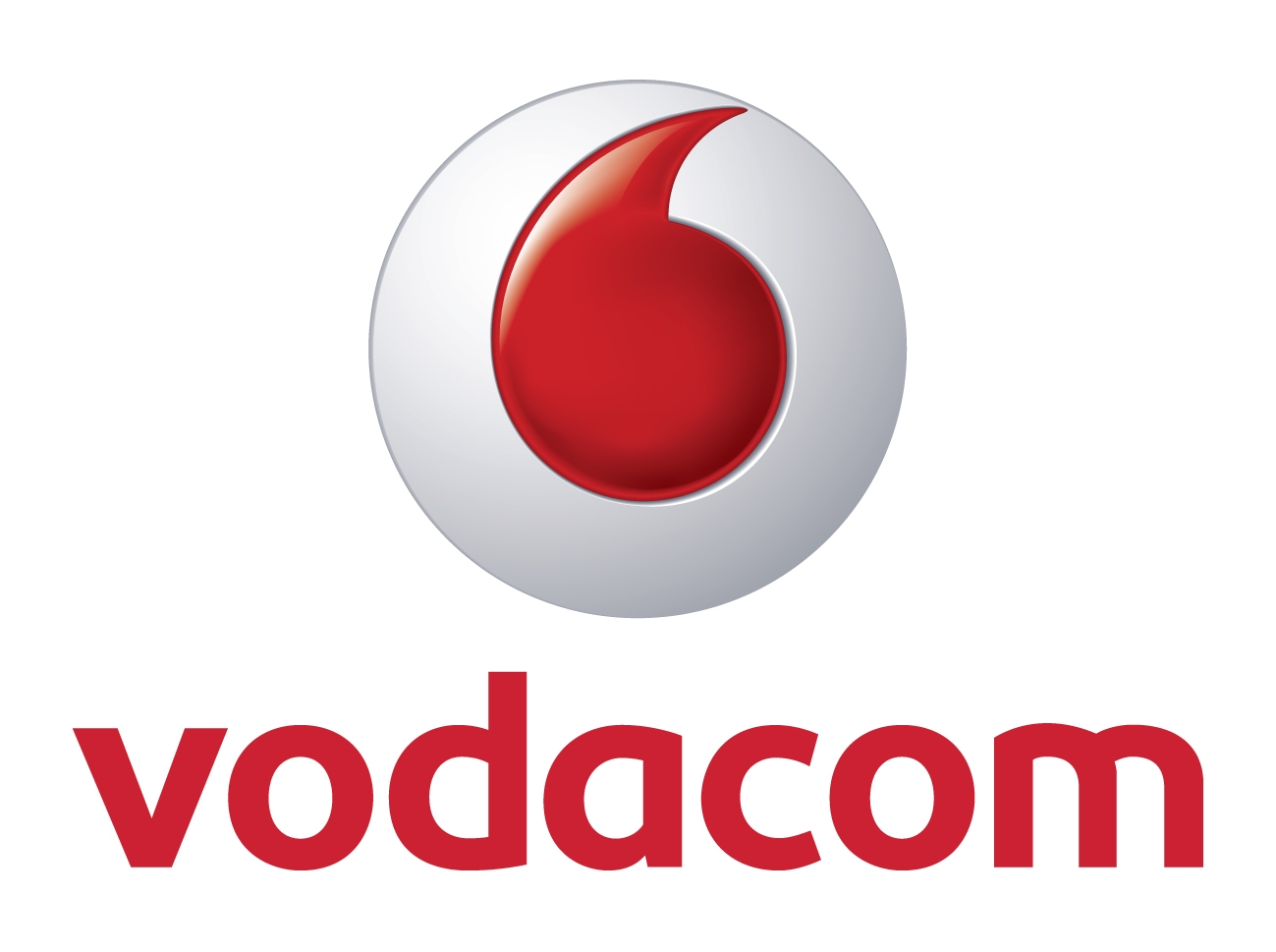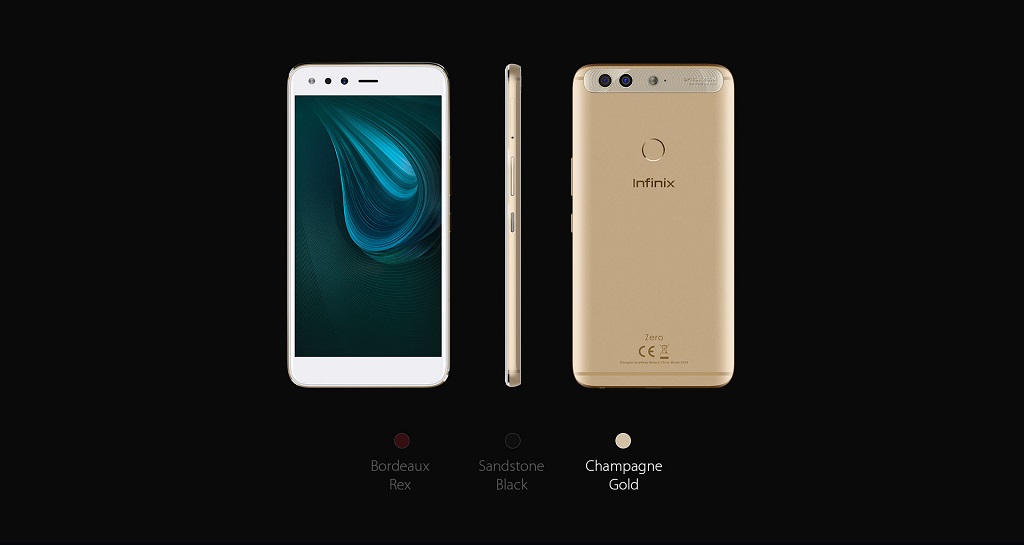Inasmuch as it is believed to be the largest market in Africa, there are quite a good number of telecommunication companies that failed in Nigeria. Since 2001 when GSM was introduced to the country by the Olusegun Obasanjo administration, there have been many telecommunication services that have tried to beat the water of competition and survive.
Interestingly enough, only MTN and Glo have been able to hold their grounds since the earliest days, with MTN the clear leader.
The Nigerian telecommunication industry is extremely large as Nigerians were said to have spent as $6.6 billion on telecommunication services including calls, text messages, data, and Value added services in 2016.
Below are the telecommunication companies that failed in Nigeria
Econet Wireless Nigeria
This is a telecommunications company that has its headquarters in South Africa even though it covers Arica, South America, East Asia, Europe, and Australia. The company came to Nigeria in the earliest days of GSM in the country and it became the first GSM operator to go live in the country. That was as far back as 2001 before it was shortly joined by MTN.
The company had as much as 57% market share of the entire telecommunication market in Nigeria. Then, according to the company’s founder, politics and corruption came in and he refused to bribe his way through, and that led to the cancellation of the contract of Econet with Nigeria which forced it out and almost drove it to bankruptcy.
Vodacom

Vodacom is yet another South African telecommunication company that came to Nigeria with all the eagerness to take over the market. Having established itself in other parts of the world, Vodacom came to Nigeria in 2004 and signed a deal on April 1 of that year. The deal which would see it to the next 5 years in the country opened Vodacom Nigeria to invest $200-million (R1, 3-billion) in the years to come.
Unfortunately, however, less than 2 months after the deal was reached, the company decided it was pulling out of Nigeria on 27th May 2004 without minding the fact that the country had a population of 130 million at the time.
Although the company didn’t give a reason as to why it was leaving the country, it was reported that it was as a result of heavy charges and some corrupt practices. Many years later, however, the CEO of Vodacom South Africa, Alan Knott-Craig, on his retirement would point leaving Nigeria as his greatest regret.
V Mobile Nigeria
It was Vee Network that took over from Vodacom when it finally left the country in 2004. In its place, the network brought in the V mobile Nigeria Network. At the time it came, V mobile had close to a million subscribers in the country.
Vee network had all its investors as Nigerians as well as state governments such as state governments of Lagos, Delta, and Akwa Ibom. The network survived until 2006 when it was bought over by Celtel for US$1.005 billion.
Celtel
Celtel was a company founded by Mo Ibrahim, and it began in 1998. In May 2006, the company decided to make a bold move by taking over the V Mobile network when it acquired 65% of its shares. Having penetrated more than 15 African countries at the time, it soon became the second largest in the country.
This again couldn’t survive more than 2 years as it folded in 2008 after it sold its shares Zain.
Zain Group
After the inability of Celtel to establish itself in the market, Zain Group decided to acquire the telecommunications network in 2008 in a deal that saw the new company buying $3 billion shares of the former.
Still unable to break more than 2 years, Zain Nigeria was finally sold to Bharti Airtel a deal which made the company become the fifth largest mobile company in the world. This is as it helped it to have over 180 million customers across its business units.
The deal which took place in June 2010 saw the Indian Bharti Airtel spending $10.7 billion. The company also made a promise to invest $600 million in the Nigerian company.
Interestingly enough, Airtel has broken the Jinx all others before it couldn’t as it is approaching 10 years of existence. It was able to take hold of the market through the provision of very affordable data.
As at 2017, Airtel Nigeria was the 3rd largest Network in the country. The dominant Network is MTN which has as much as 40 percent of the entire market while Globacom has 25 percent. Airtel comes next with 23% while then Etisalat came in next with just 13 percent.
Etisalat Nigeria
Prior to the coming of this company, what has been happening is the continuous change of ownership of a particular telecommunication company which has been in Nigeria, until it became Airtel. Nevertheless, when Etisalat came, it came as an entirely new entrant into the country.
Etisalat is a telecommunications services provider which is based in the Emirates. It came to Nigeria In 2008 after it signed a contract that saw Etisalat taking holding 40% of the shares while 30% went to Mubadala. The remaining of the shares was left to Nigerians. As one of its major contributions in the country, the network introduced the Etisalat Prize for Innovation and later the Etisalat Prize for Literature.
One of the main places where the network was able to compete was as regards fast and affordable data. It was to this end that in 2016, Etisalat Nigeria announced 4G LTE.
By 2017, there were already 21 million Nigerians that were subscribed to the Network. However, it still had major problems with loans it was unable to repay. The loan was to the tune of $227m and N113bn, a total of about $574m.
See Also: MTN 5G – All The Things You Should Know About The New Technology
In July 2017, Etisalat decided to terminate its management agreement with its Nigerian arm. Consequent to that, it pulled out all shares from the country and gave the Nigerian arm up to 3 weeks to phase out the brand.
It was as a result of this that a new name, 9mobile was adopted.
Nigerian telecommunication market as it stands

A report looking at from February 2017 to January 2018 shows that as regards the number of subscribers, MTN has 53,442,969 subscribers (36%), followed by Airtel which has 38,326,579 (26%), Glo with 38,228,018 (26%), and 9mobile with 16,867,579 (12%).
As regards internet subscription, it shows that MTN had the highest number of subscribers (37,201,086), followed by Glo (26,927,116), Airtel (24,827,894), and finally 9mobile (11,278,187).
It is seen that the telecommunications industry is contribution over 9% to the economy of Nigeria.















